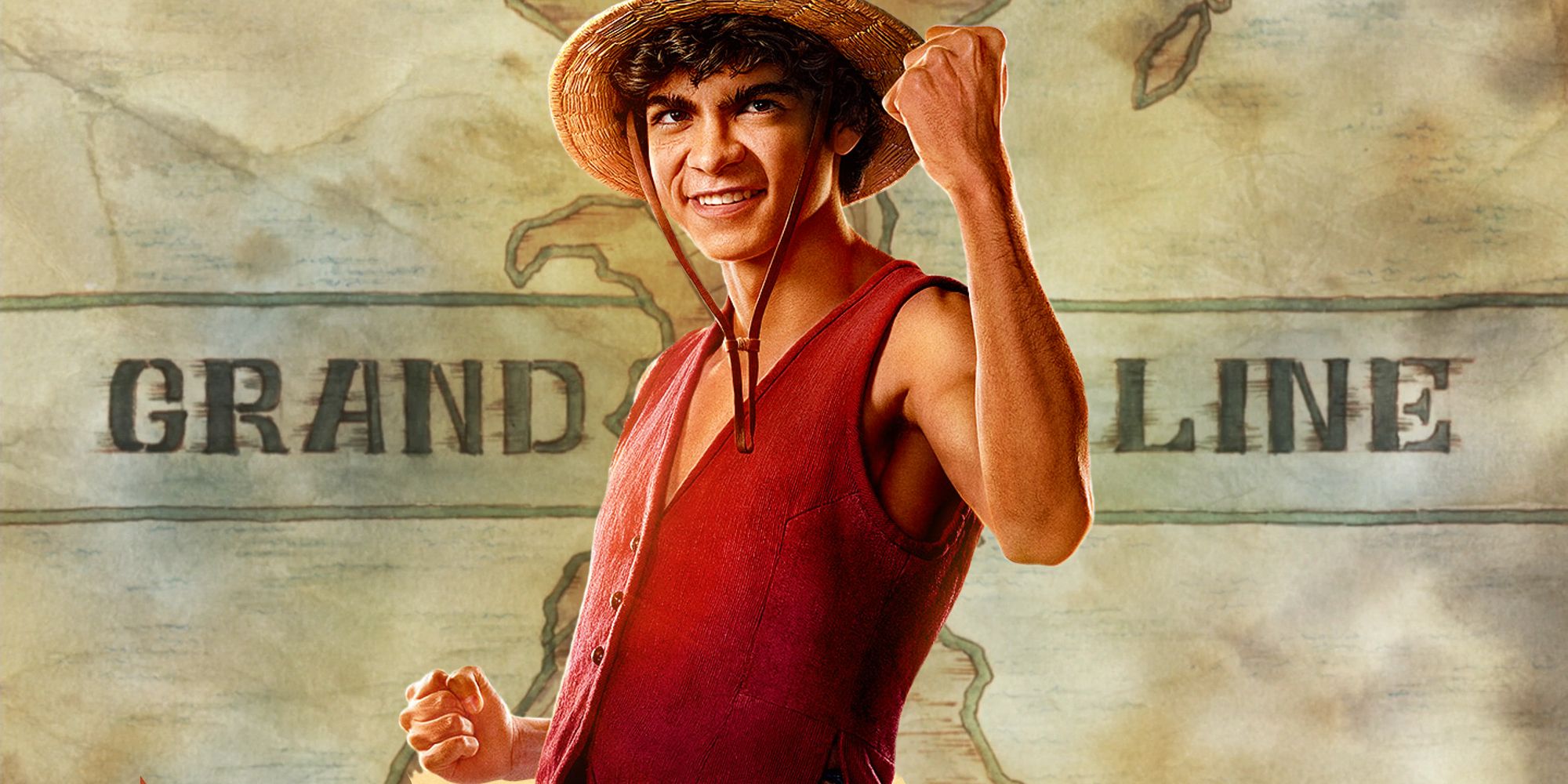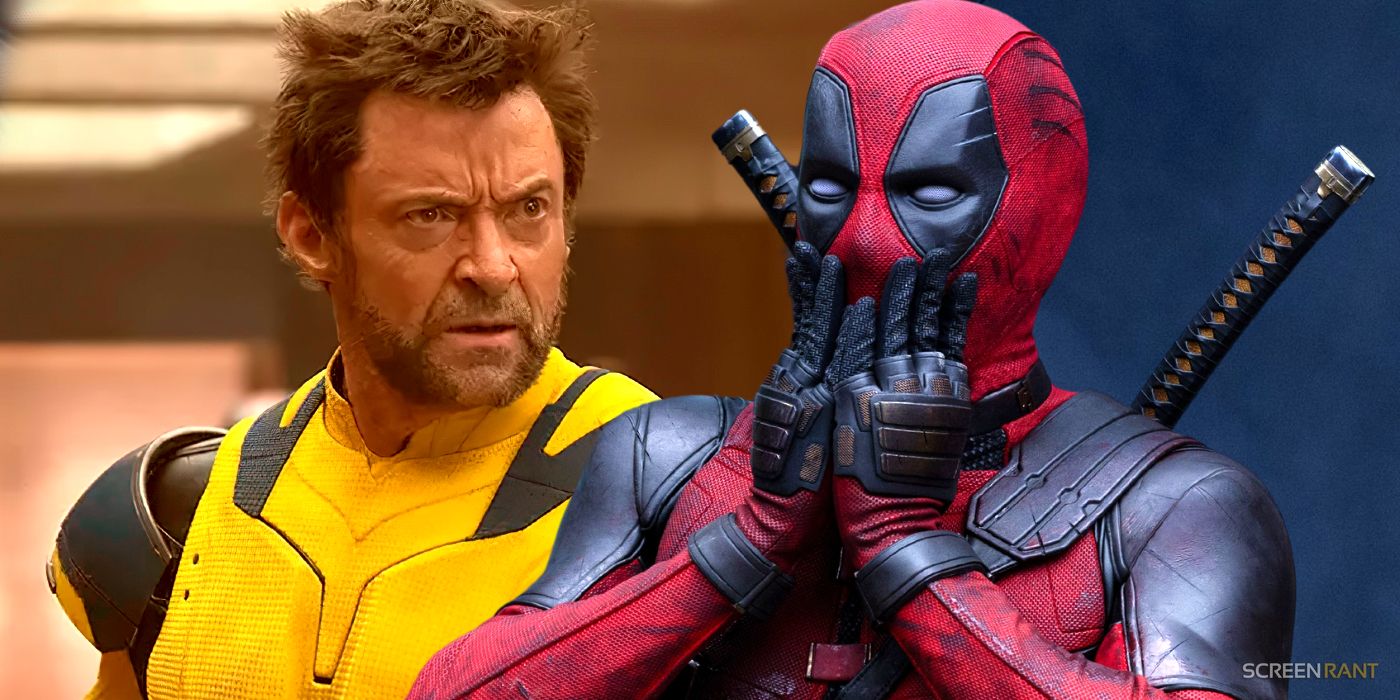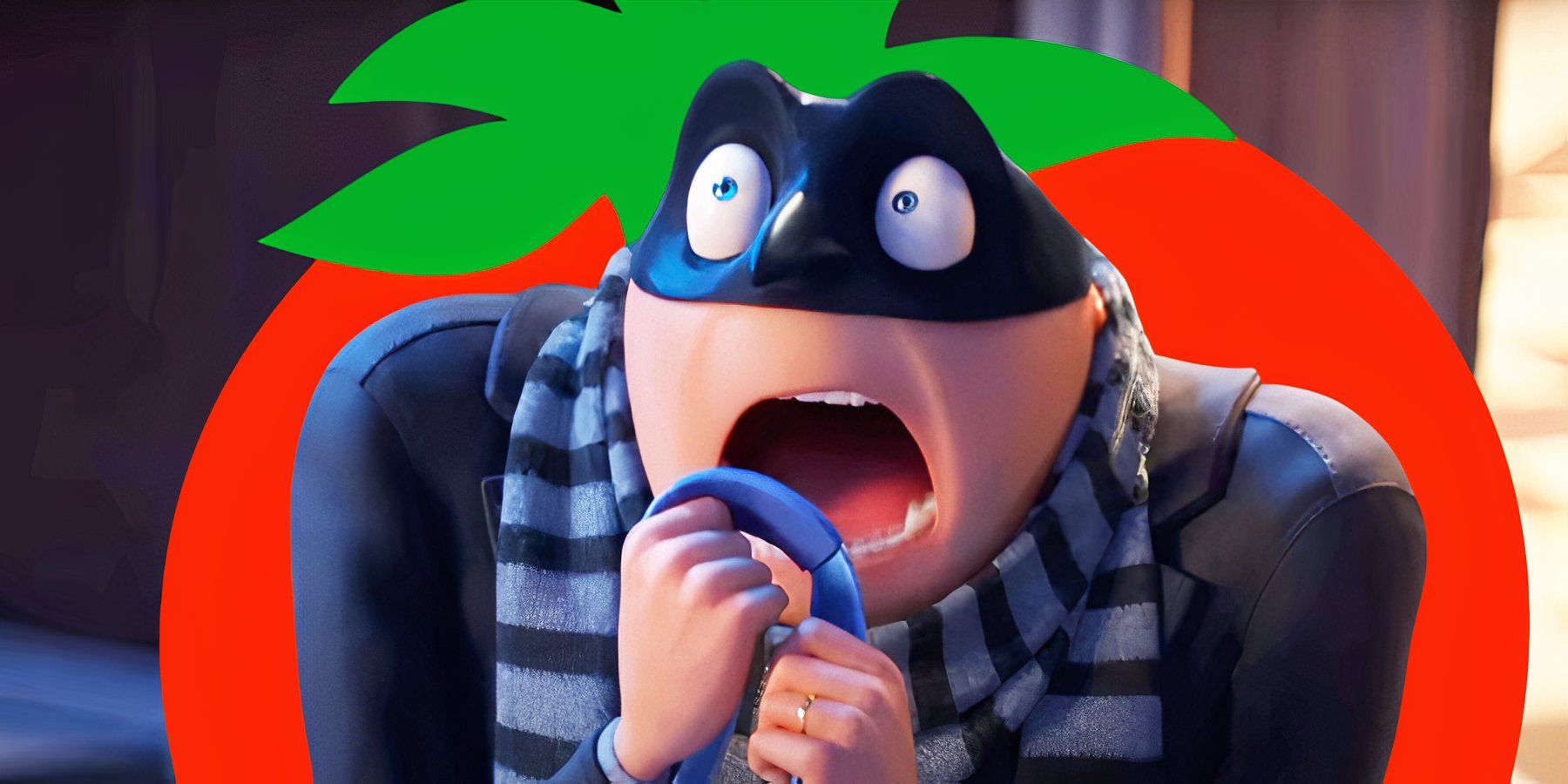James Cameron was interested in making a Spider-Man movie before Sam Raimi’s trilogy happened, and while he had interesting ideas for it, in the end, it’s actually good that it didn’t happen. Over the course of a career that spans four decades, James Cameron has explored a variety of genres in his movies – from horror with his directorial debut Piranha II: The Spawning to sci-fi with The Terminator and Aliens, and even disaster movies with Titanic. However, there’s one realm that Cameron hasn’t visited yet: superhero movies.
The superhero genre has gained a lot of force in recent years thanks to connected universes like the Marvel Cinematic Universe and DC’s Extended Universe, and directors who wouldn’t normally be associated with superheroes are expanding their horizons and joining the club. Cameron could have been part of it years ago with a Spider-Man movie, but plans for it fell through and both moved on to bigger and better things: Cameron went on to direct Titanic and years later Avatar, while Spider-Man got his big-screen debut in the early 2000s thanks to Sam Raimi.
However, details about Cameron’s plans and vision for his Spider-Man movie have been revealed over the years, giving a good idea of what the web-slinger’s story would have been like, and while it would have been an interesting interpretation of the character, in the end, it’s better that this project never came to be.
Everything We Know About James Cameron’s Canceled Spider-Man Movie
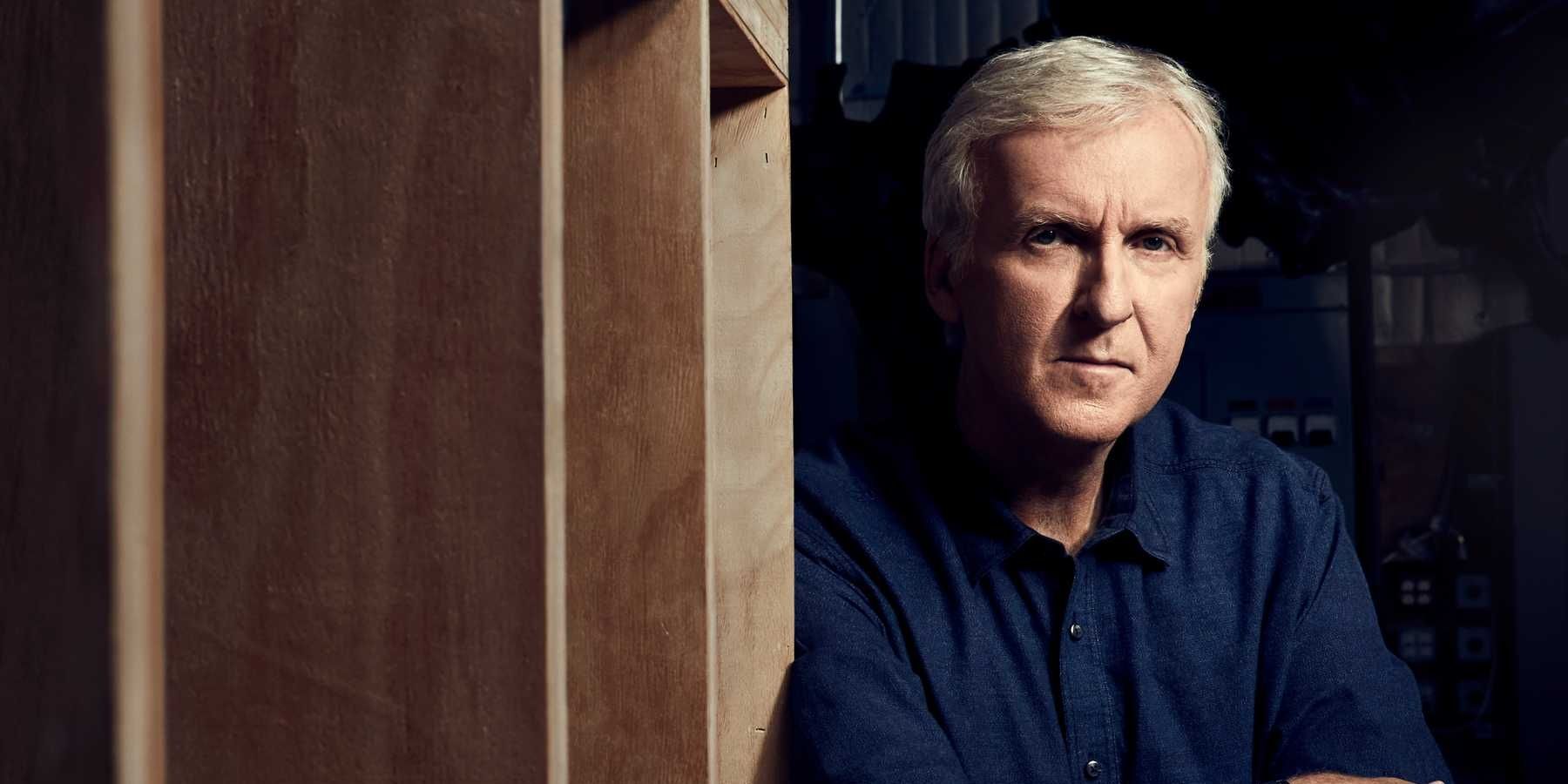
A Spider-Man movie had been in development since 1983, so after finishing filming True Lies in 1993, James Cameron decided to give the wall-crawler a chance and submitted a screenplay (co-written by Barry Cohen and Ted Newsom) to Carolco Pictures, and later a second script/treatment. The first version of the script focused on a more mature Peter Parker (with Cameron eyeing Michael Biehn for the role), while the second one went back to a high-school Peter, for which Cameron was considering Leonardo DiCaprio, who was still in his late teens at the time.
What stands out from Cameron’s vision for his Spider-Man movie was that it was a lot darker than Raimi’s, Marc Webb’s, and the Marvel Cinematic Universe’s versions, and would have been aimed at a mature audience rather than being more family-friendly (though that could be debatable when it comes to the others). Cameron’s Spider-Man movie would have followed an academically-gifted yet outcast Peter Parker who is bitten by a mutated spider during a scientific demonstration, and not long after he starts to develop spider-like superpowers. Nothing too crazy up to that point, but with these new abilities, Peter would have tried to use them for selfish purposes, leading him to allow an armed robber to escape and later to uncle Ben’s murder. To atone for his indirect responsibility in his uncle’s death, he becomes the vigilante Spider-Man, but with a much darker and mature tone, as Cameron’s script contained heavy profanity, mature themes, and sexual content.
One of Cameron’s ideas included Doctor Octopus as the villain, with Arnold Schwarzenegger considered for the role, and the other had Electro as the main antagonist, but with a different backstory. Cameron changed Maxwell Dillon, the electrical engineer struck by lightning while working, for a wealthy businessman called Carlton Strand, who was also once a petty criminal. While fleeing from the cops, he ran into a conceptual sculpture piece called The Lightning Field in the middle of a storm, and when lightning struck, he was caught at the center of a web of electricity, giving him superpowers (which, unfortunately, also included electrocuting the women he tried to get intimate with). Many years later, Electro would have come across Spider-Man while he performed at a party (which was one of Peter’s many side-jobs), and as he was planning to gather other superpowered people, he intended to recruit Peter. One of Electro’s recruits would have been Sandman, who in this version would have been a maintenance man working at a secret military project where experiments with bilocation were conducted – and one mistake with those experiments led to an explosion that resulted in Sandman’s condition.
Of course, Peter would have turned down Electro’s offer (more than once), leading to a battle between Spider-Man and Sandman (culminating in the latter getting caught in one of Electro’s blasts and being turned into a molten glass statue) and later between Spidey and Electro, with the former swinging the latter’s body into the side of a building so hard that his body is fatally broken. Mary Jane Watson also had a place in the story, and in addition to being a love interest, she was also the damsel in distress when Electro kidnapped her after Spider-Man rejected his offer. In the end, Peter beat Flash Thompson up and revealed his identity to MJ before they went to different colleges.
James Cameron’s Spider-Man Movie Could’ve Been Great
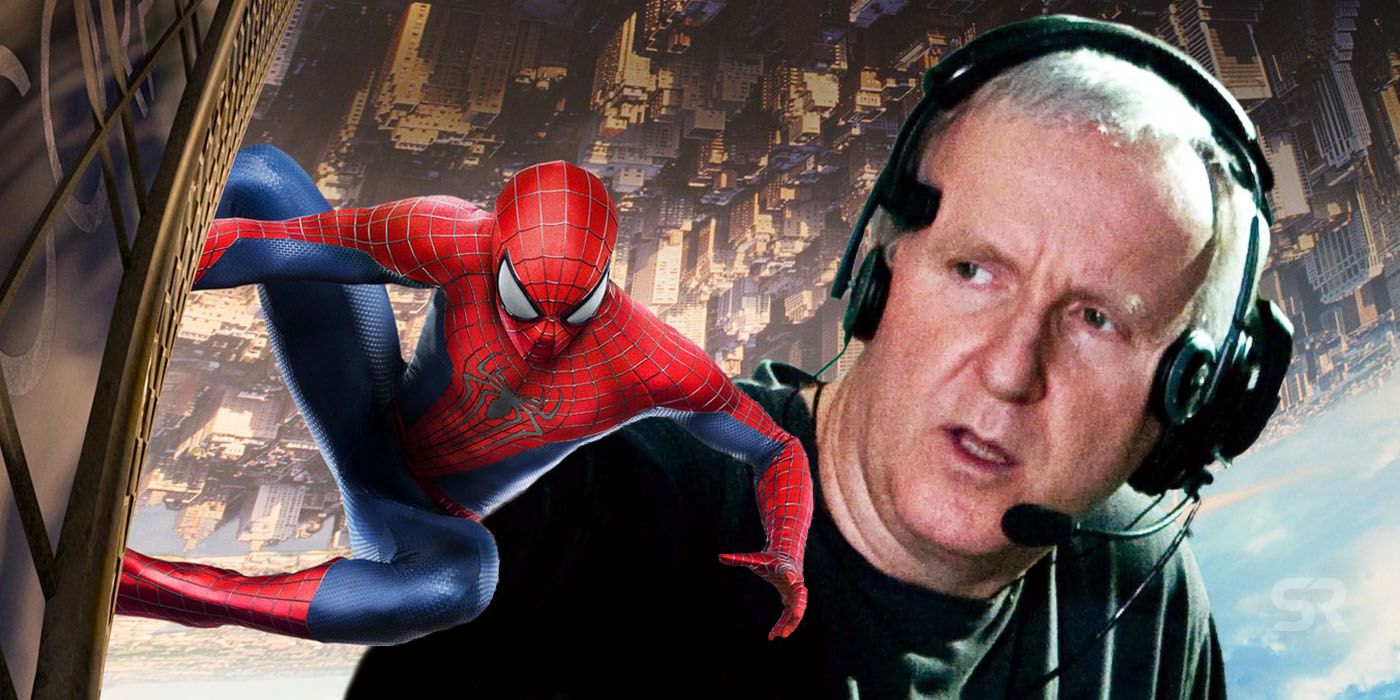
James Cameron’s idea for a Spider-Man movie would have certainly been very different from what fans of the character are used to, but it would have had the potential of shaping the future of the superhero genre, meaning that the Marvel Cinematic Universe and the DC Extended Universe wouldn’t be what they are now. A grittier and edgier version of Spider-Man would have been interesting to watch but also a big risk as this would have been the big-screen debut of the web-slinger, as well as the movie that would have kickstarted a wave of adaptations of characters and stories from Marvel and DC Comics – and, of course, there’s the fact that this would have been a James Cameron movie, who by then already had a lot of experience in the sci-fi and action genres, so it would have been almost guaranteed to be a great movie.
Why James Cameron’s Spider-Man Movie Didn’t Happen
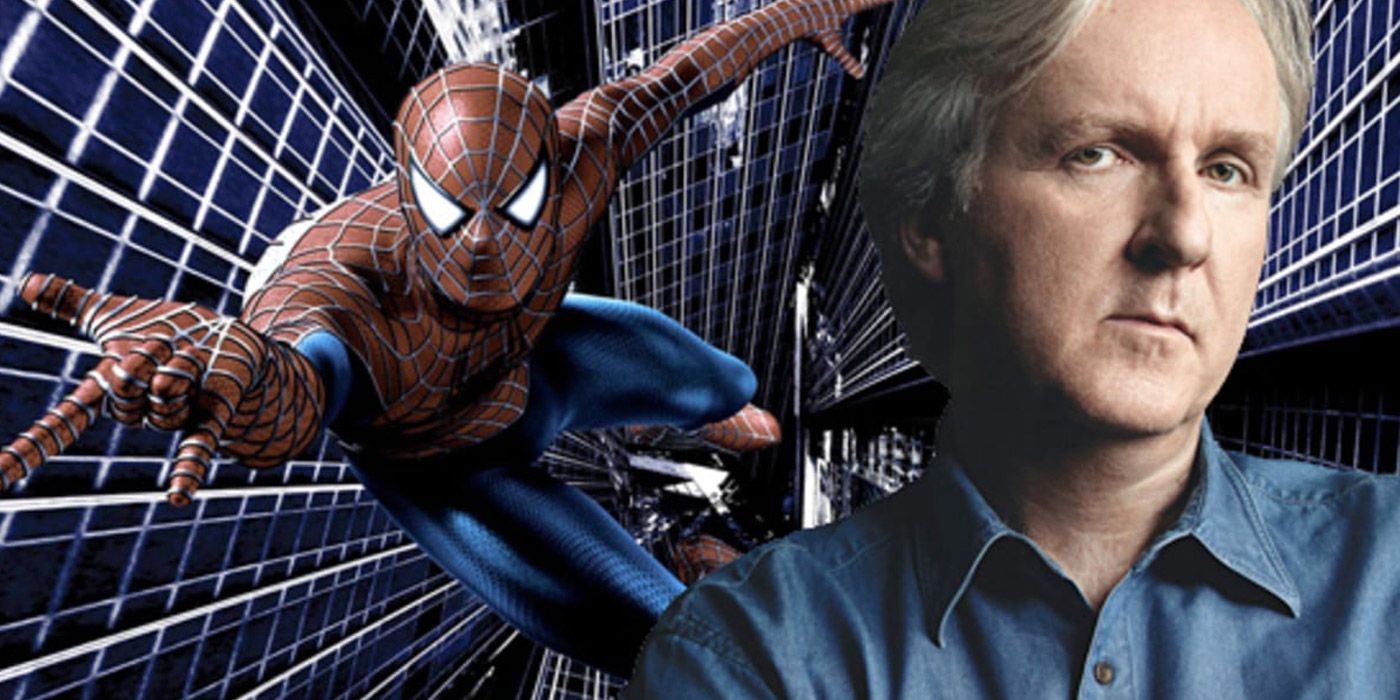
Comic book characters are more often than not involved in legal battles over their rights, and Spider-Man’s case in the 1990s was no exception. The rights to Spider-Man jumped from one studio to another as some went bankrupt and others were absorbed by bigger companies. Cannon Films had the Spider-Man film rights in 1985, and the studio was later bought by Pathé Communications. When producer Menahem Golan left Pathé, the rights to the character stayed with him, and he started his own studio: 21st Century Film. However, he failed to raise funds and had to sell off the rights three different ways: to Carolco (theatrical release), Sony/Columbia (home video release), and Viacom (TV rights).
Golan later sued for a producer credit in the movie and Carolco sued Sony/Columbia and Viacom for the Spider-Man distribution rights, only to be hit back with counter-suits. 21st Century Film then sold its entire library (including Cameron’s scripts) to MGM, who sued Marvel, Sony, and Viacom for the rights. Fox then arrived and claimed it had exclusive rights to Cameron under a pre-existing contract, and though he tried to convince Fox to buy the Spider-Man rights, it wasn’t possible and he had to give the project up, but started working on Titanic. In the end, Carolco went bankrupt, Cameron moved on to other projects (and won an Oscar in the process) and Spider-Man got his big-screen debut thanks to Sony and Sam Raimi.
Why It’s Good James Cameron’s Spider-Man Movie Never Happened
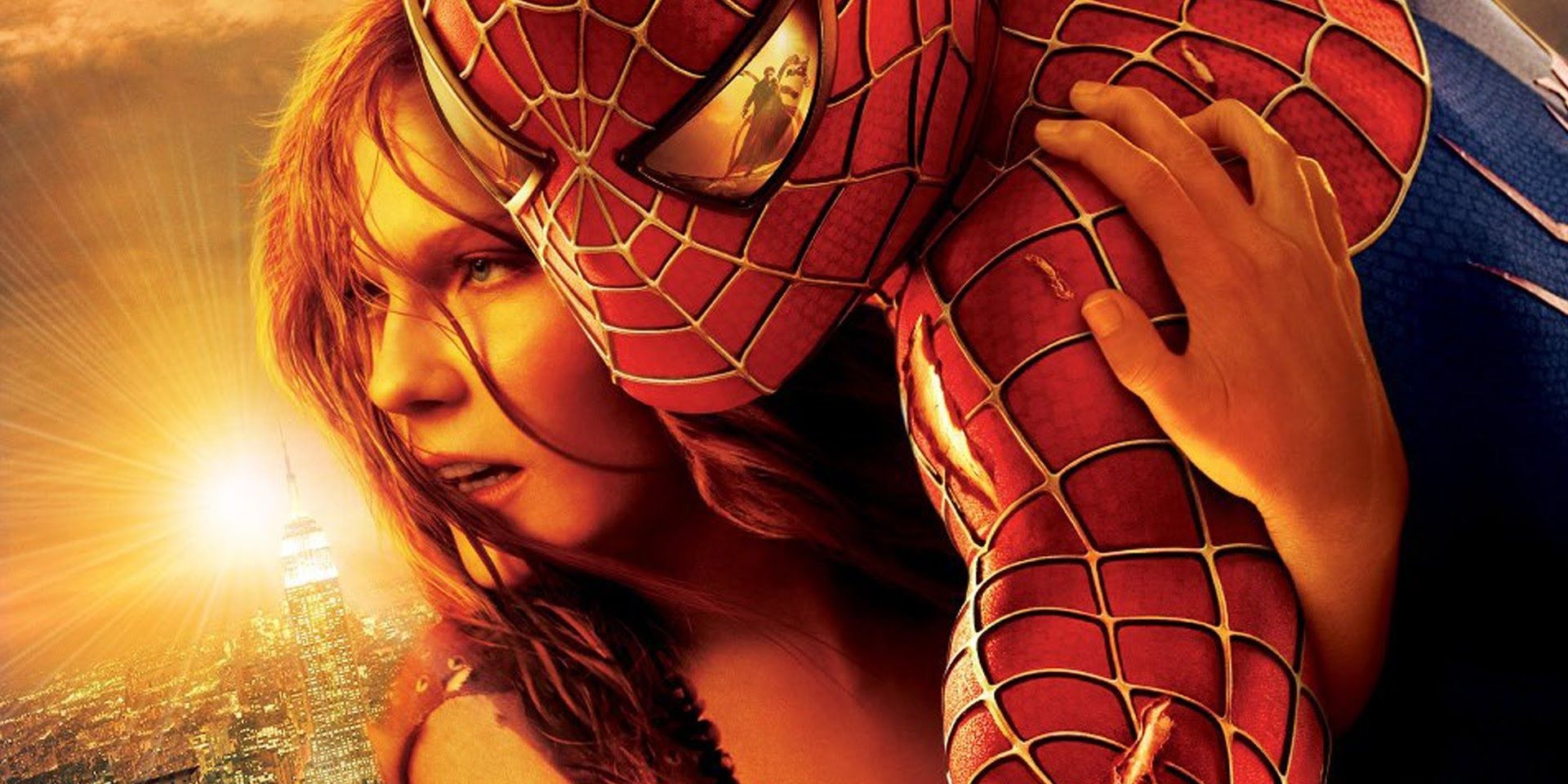
As interesting as James Cameron’s Spider-Man would have been, it would have been a big risk for everyone involved due to the radical shift in tone and style, and it would have also risked missing those elements that make Spider-Man so likable in an effort to make him more mature and dark – for example, there’s a scene described as Spider-Man performing a seductive dance for MJ while sharing trivia about the courtship rituals of spiders, followed by him binding her to the Brooklyn Bridge with his webs and making way for a very strange sex scene. The cancellation of Cameron’s Spider-Man ultimately led to bigger and better projects from both sides – Cameron went on to make Titanic, while Spider-Man got a trilogy with Sam Raimi on the lead. Raimi’s Spider-Man is credited with redefining the modern superhero genre and the summer blockbuster, and it was praised for its tone, humor, and the performances of its cast, while Spider-Man 2 is regarded as one of the greatest superhero movies ever made.
James Cameron’s Spider-Man could have been great and a success, but it most likely wouldn’t have been able to top the success and impact of Raimi’s trilogy, especially those of Spider-Man 2. In addition to that, and as mentioned above, Cameron’s take on Spider-Man would have paved the way for future superhero movies, and they might have not had the same success as they do now, and connected universes would have been very different or wouldn’t have happened at all.

